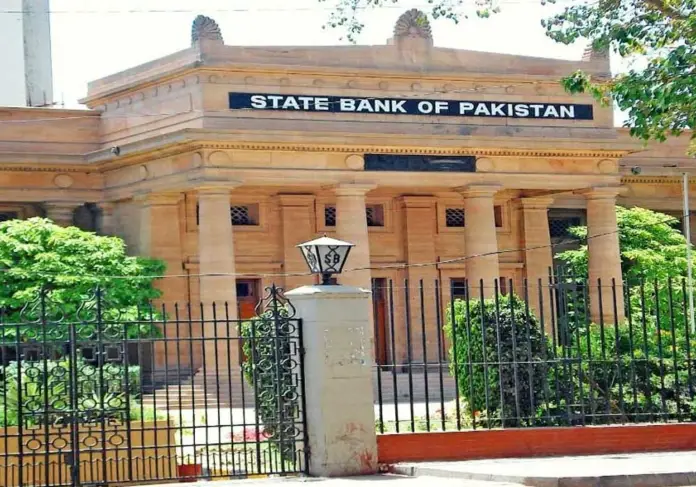The central bank decreased its predicted GDP growth from the previously disclosed range of 3–4% for the current fiscal year, citing flood-induced destruction and the stabilization policy as important factors in its annual economic health report released on Wednesday.
However, the State Bank of Pakistan (SBP) stated that economic growth was stronger than anticipated in the 2021–22 fiscal year as real GDP increased by 6 percent compared to 5.7 percent a year earlier in its Annual Report on the State of Pakistan’s Economy, which mainly covered the previous fiscal year that ended on June 30.
According to the research, increased agricultural output and a broad-based expansion of large-scale manufacturing (LSM) were the main forces behind this gain.
SBP said that when catastrophic flooding first devastated the nation at the beginning of the current fiscal year, the economy was already in a stabilization phase.
The flooding, according to the report, was likely to have an impact on the nation’s real economic activity through several channels. The report expressed concern that losses in agriculture resulting from damage to crops and livestock were likely to spread to the rest of the economy through several backward and forward linkages.
According to the bank, the extensive loss of the country’s infrastructure in the afflicted provinces may also jeopardize its chances of experiencing this year’s expected growth.
The SBP report stated that several corrective and other measures, including a 675 basis point increase in the policy rate, demand management initiatives announced in the previous fiscal year, and the government’s decision to unwind the fiscal package for fuel and electricity subsidies toward the end of FY22, were likely to slow the momentum of economic activity during FY23.
It stated that the government set a goal to lower the fiscal deficit from 7.9 percent of GDP in FY22 to 4.9 percent of GDP in FY23. Both revenue and spending measures would be used to attain this result, it stated.
The budget deficit increased in the first quarter of FY23, irking the IMF, which requested greater steps be taken to close the gap.







